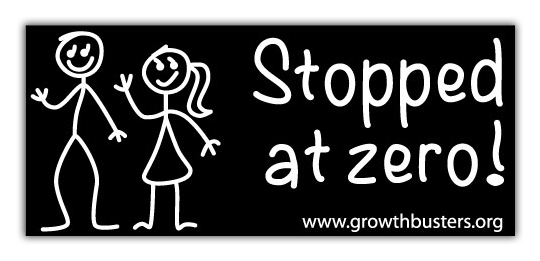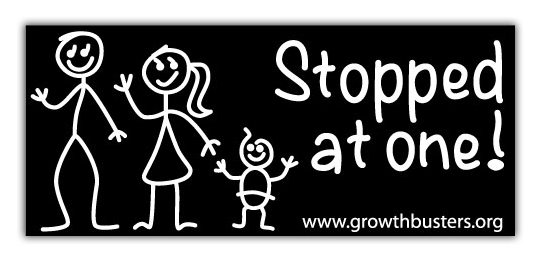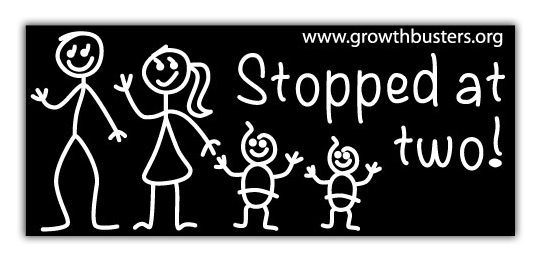Birthing the New Economy
Our series honoring the 40th anniversary of the Limits to Growth study continues. Today, a guest post from Rick Heller. Through www.seeingtheroses.org, Rick is helping us recognize the joys of getting unhooked from our unsustainable, growth-addicted ways. Today he offers a report on the Transition to a New Economy conference.
 First, let’s pick up our exponential growth demonstration. If you’ll recall, we began with a single grain of wheat in a beaker. Each day of the demonstration, we double the amount of wheat in the beaker. This is equivalent to a growth rate of just under 3% per hour. This makes it a good fast-track demonstration of what’s happening in the real world. 3% annual growth is a common economic objective. About 15 nations have annual population growth rates near or above 3%. Las Vegas, Nevada was growing faster than 3% annually until the housing bubble burst. Last week we left off at Day Nine, with 256 grains of wheat. Today let’s double that:
First, let’s pick up our exponential growth demonstration. If you’ll recall, we began with a single grain of wheat in a beaker. Each day of the demonstration, we double the amount of wheat in the beaker. This is equivalent to a growth rate of just under 3% per hour. This makes it a good fast-track demonstration of what’s happening in the real world. 3% annual growth is a common economic objective. About 15 nations have annual population growth rates near or above 3%. Las Vegas, Nevada was growing faster than 3% annually until the housing bubble burst. Last week we left off at Day Nine, with 256 grains of wheat. Today let’s double that:
Birthing the New Economy
by Rick Heller
I attended the Transition to a New Economy Conference at Harvard. The students who put it together did an impressive job and got together some excellent speakers. I was less satisfied with the brainstorming breakout sessions that perhaps illustrated what Jonah Lehrer has had to say about the downsides of brainstorming namely that it results in a list of ideas, but not enough critical assessment to identify a way forward.
Richard Heinberg kicked off the conference with a presention on The End of Growth and made a believable case that we are indeed approaching the natural limits of the Earth’s ability to support future growth. Rather than simply reaching a plateau, things may start to go downhill. Unlike some others in the environmental movement, he is not sanguine that renewable technology can make up for the loss of fossil fuels. Thus, there may be not just an end of growth but a beginning of decline. Heinberg’s vision is depressing, which he admits, but he hopes that the prospect of loss can lead to a change in behavior.
Most of the speakers did not touch on the emotional aspect of dealing with this loss, but Kirsty Schneeberger of the Stakeholder Forum did, noting that the birth of a new economy would be accompanied by a “hospice” for the old economy. People make their living from the fossil fuel industry, and not just business executives but coal miners too. If we don’t extend compassion for those who feel threatened by the transition, we’ll only run into more resistance.
Juliet Schor, who I previous interviewed on video spoke about how simply asking people to do with less is a hard sell, but if you ask them to work less and enjoy more free time, you can get to a similar result in a much more satisfying way. I admire Schor’s precision as a speaker and that data she brings to the table. Basically, the more money you earn, the more you spend, because otherwise, what would you do with the money? So as technological improvement helps us produce more stuff in less time, why not take more time for ourselves, even if it means earning a bit less?
Beppe Lovoi of the United Nations spoke about the Rio+20 conference coming later this year. The theme of the conference is Sustainable Development. That’s going to be quite a challenge if Richard Heinberg is right, though if we can find a model of development that does not include too much growth, and if those in the already developed countries can find a way to “dematerialize” their economy while maintaining happiness, and potential parents are mindful of the lives their children will lead before they bring them into the world, perhaps the human species can navigate the perils of the 21st century gracefully.
On the other hand, we continue to deny reality, and then the limits to growth finally become manifest, there will be a lot of anger directed in a lot of directions. When people are under stress, they are less able to think rationally, and tend to fall back onto automatic habits. That’s why I think it would be good if we could learn to practice loving-kindess now. So when stress causes us to act without thinking, we are unthinkingly caring toward each other.
Also posted here at www.seeingtheroses.org
—-
If you find this information at all compelling, if you’re concerned about the prospects for a civilization hell-bent to grow forever on a finite planet, please take the Think Small Pledge and encourage your friends, family and colleagues to do so. Thank you.
Dave Gardner
Filmmaker
Dave Gardner is the director of the new documentary, GrowthBusters: Hooked on Growth, which uncovers the cultural forces that keep us pursuing growth in the face of overwhelming evidence we’ve outgrown the planet.
Trackback from your site.



